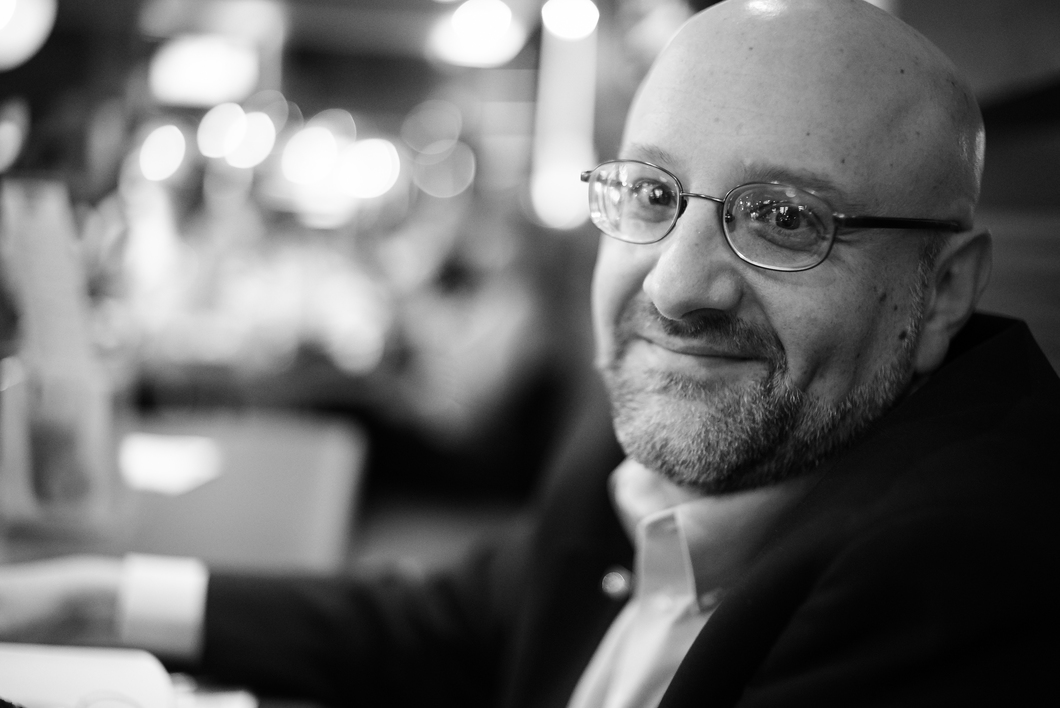
On June 27, 2021, the world lost the gracious presence of one Dr. Steven G. Horwitz. This date will forever be marked in my mind because, while the world lost a first-rate economist, academic and intellectual, I lost a mentor and a friend. It was cancer, and not the first time that accursed murderer has taken someone from me much too soon. Steve was much too young, only 57, and he would have gotten a kick out of living in a world where the notion of 57 as too young is a thing. Truthfully, he did get a kick out of living in such a world, and he did everything within his not insignificant power to spread and share his sense of wonder and joy.
I am not really writing an elegy here. I have no idea how…I’m not Legolas (although Steve could give a fair approximation of the wisdom of Gandalf). He probably would have enjoyed a soulful dirge performed by his beloved Rush, although he and Neil Peart are in the same place, now. For those reading this article who are unfamiliar with Dr. Horwitz, I suppose it’s important to note that he was Distinguished Professor of Free Enterprise at Ball State University, following many years as a Charles Dana Professor at St. Lawrence University. A Senior Affiliated Scholar at the Mercatus Center as well as a Senior Fellow at the Fraser Institute, he was also a member of the prestigious Mont Pelerin Society and the Director of the Institute for the Study of Political Economy.
Those are all, of course, Very Important Things™, and they only convey a fraction of his professional stature and accomplishments, but they are only a small part of the measure of the man. He is perhaps best known for his work on monetary theory within the lens of the Austrian point of view, but his most enjoyable work in my opinion was Hayek’s Modern Family: Classical Liberalism and the Evolution of Social Institutions. In technical terms, it is a Hayekian-Austrian analysis of the family as a socioeconomic institution. It is that, but beyond it being another economic study in the vast sea of economic studies, it is a celebration of the ties that bind as into units of mutual interest, and, most importantly, love. It ain’t nothing, after all, but a family thing.
This was the essence of Steve. He believed in people, even when, no- especially when, we gave him every reason not to. That is, of course, exactly what faith is. Where other economists presented markets as some inscrutable thing that make people better off through processes the masses can’t possibly comprehend, Steve presented them as transformative collaborations between people worth having faith in. These collaborations are often messy, and sometimes confusing, but overall, they have lifted billions out of the short life spans and subsistence existence that historically hallmarked all but the wealthiest among us. Illness, famine, ignorance…these things yet exist in places where markets are not allowed more or less free reign, but they have become ever more a side note than a defining plot.
Some have said that he could be a scold, and that is true. It never seemed to me that his scolding moments came from a place of malice, but rather that place in the soul possessed by all the Great Teachers that drives them to impart upon us, “You can do better. You can be better.” He truly believed that you could do and be better. I remember when I was first approached by Liberty Fund Senior Editor and Fellow Sarah Skwire, who happens to be his wife, about becoming a contributor here at EconLog. As I considered the invitation, one of the first people I contacted was Steve. When I told him that his wife had lost it, and that I didn’t belong with the august minds at EconLog, he simply responded with, “except, you really do.” No long speech. No sappy pep talk. Just a gentle reminder that, “You can do better. You can be better.”
There are people who knew Steve longer and better than I who have written their own memorials, and they are all important in the service of keeping his memory alive. He is a memory, a set of memories, more than worth preserving. He was a friend to anyone wishing to live in freedom and peace, and a scourge upon those who opposed the right to live free. He was a scholar, a thinker, an academic, a husband, a father, and a friend. I know that whenever I lose faith in people, whenever I falter in the fight for a cosmopolitan, classically liberal world, that still, small voice whispering, “You can do better. You can be better,” in my ear is you.
Sleep well, my friend, and I hope to see you on the other side.

Comments are closed.